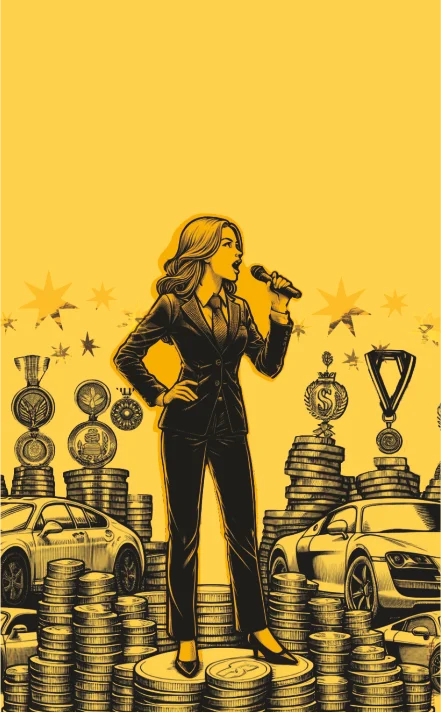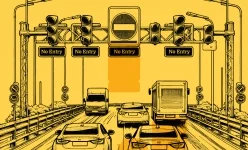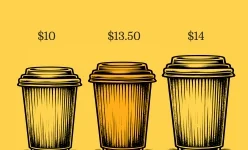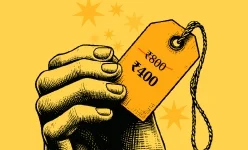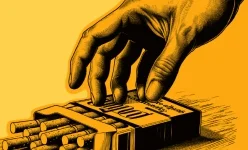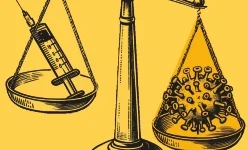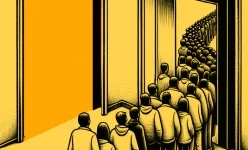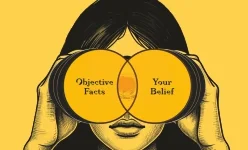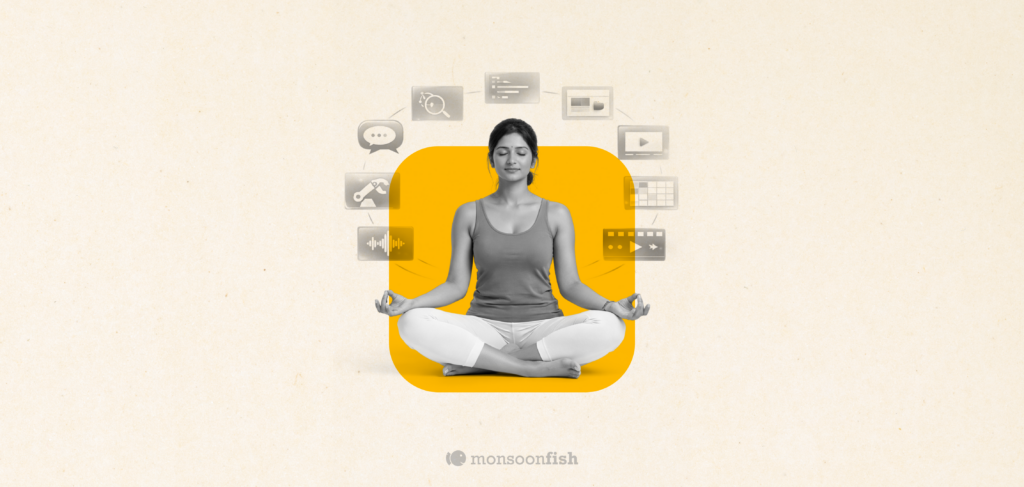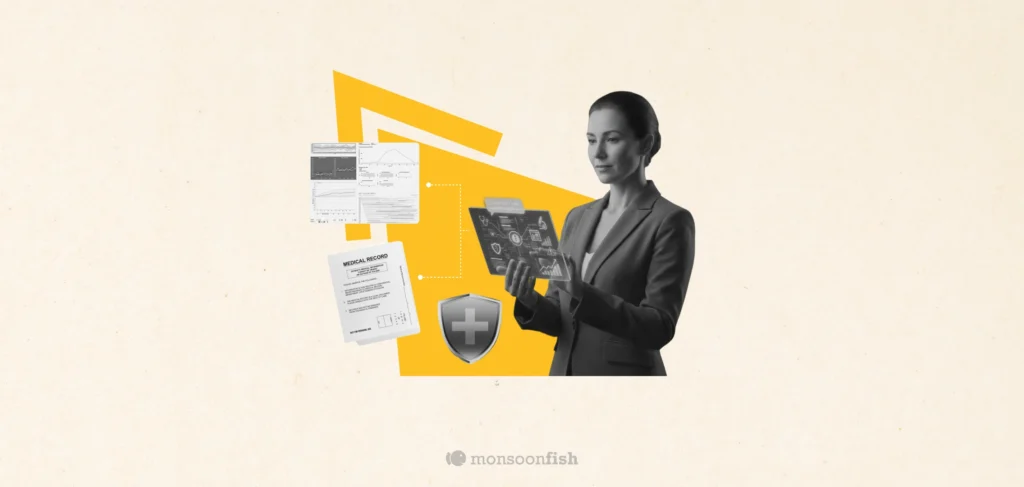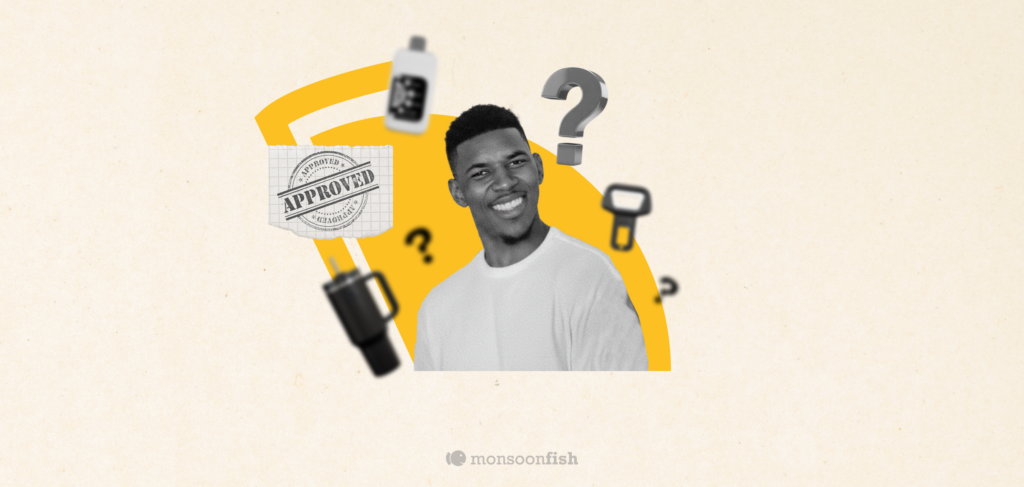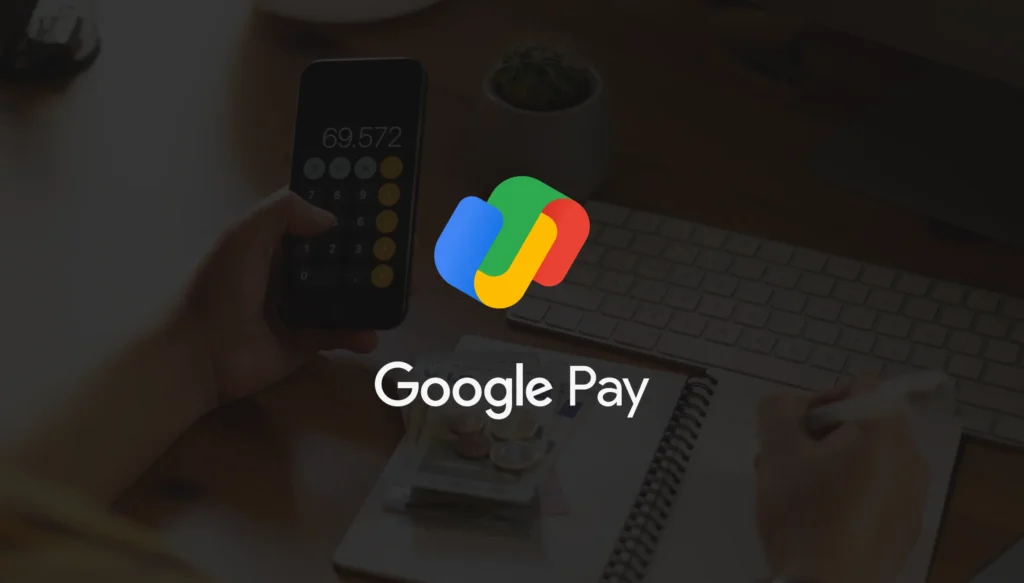The annual tech conference was buzzing with excitement. Among the keynote speakers was Ethan Reynolds, a well-known entrepreneur whose startup had become a billion-dollar company in just five years. He wasn’t a designer, but when he spoke about “the future of UI/UX,” attendees hung onto every word.
Sophie, a junior designer, listened intently as Ethan claimed that complex interfaces would soon replace minimalism. “Simplicity is overrated,” he declared, insisting that users actually preferred more interactive, information-heavy screens. The room filled with nods of agreement.
After the talk, Sophie’s team debated the idea. Their own experience suggested otherwise—user testing consistently showed that people preferred clean, intuitive designs. But since Ethan had said otherwise, they hesitated. “If someone that successfully believes in it, maybe we’re the ones missing something,” Sophie thought.
A few months later, Sophie noticed that several companies had started cluttering their designs in response to the trend. But user frustration increased, and engagement dropped. Eventually, many reverted to simpler interfaces.
Reflecting on this, Sophie realized that Ethan’s expertise in business didn’t necessarily translate to design. He was successful, but that didn’t mean he was right about everything.
This is prestige bias at play, where people tend to give more weight to ideas from those with high social status, even when it’s outside their expertise. Just because someone is successful in one field doesn’t mean their opinions are always accurate in another. Sophie’s experience highlighted the importance of critical thinking—evaluating ideas based on merit rather than who presents them.

